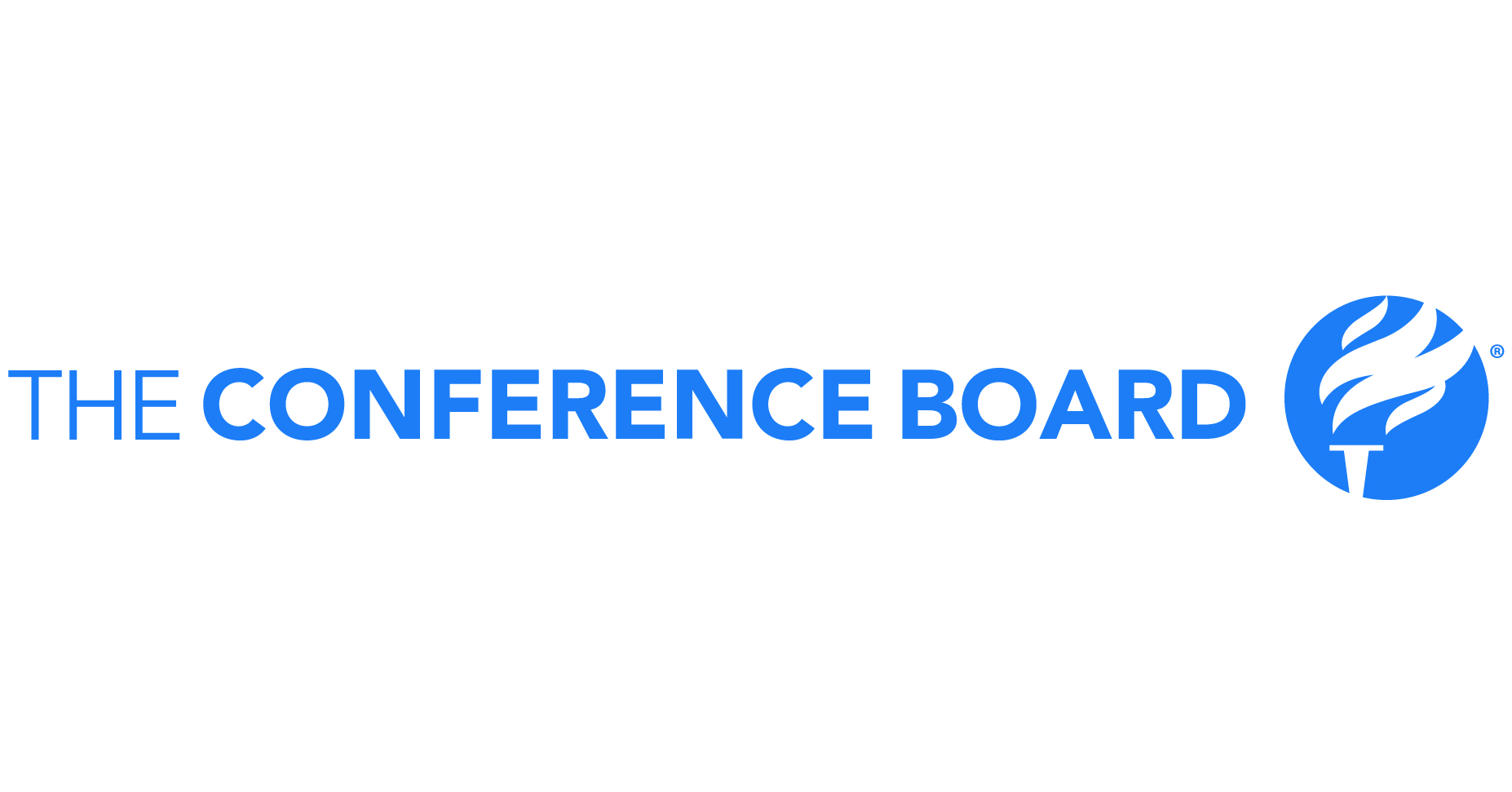
Consumer confidence in the United States rebounded in May after three consecutive months of declines, according to two separate reports released on Tuesday. The Conference Board's Consumer Confidence Index climbed to a reading of 102, up from 97.5 in April, while the University of Michigan's consumer sentiment index rose to 73.6 from 71 in May.
The Conference Board report showed that consumers felt better about the economy across all age groups and were more optimistic about business conditions and their personal financial situation. The labor market continued to bolster consumers' overall assessment of the present situation, with unemployment remaining below 4% and job openings exceeding unemployed people seeking work.
However, elevated inflation remains a concern for consumers. The Conference Board survey showed that respondents cited prices, particularly for food and groceries, as having the greatest impact on their view of the US economy. Inflation readings have come in hotter than expected in recent months, leading to concerns about rising costs and potential economic slowdown.
The University of Michigan report also highlighted inflation as a key concern for consumers. The survey's chief economist, Richard Curtin, noted that consumers' expectations for inflation over the next year rose to 5.4% from 5.3% in April.
Despite these concerns, workers are seeing pay increases above the rate of inflation. The Conference Board report showed that fewer consumers reported jobs as 'hard to get,' and wages have been growing at a solid pace in recent months.
The stock market has also been performing well, with major indexes reaching record highs in May. This has boosted confidence among wealthier Americans, who are the most upbeat about the state of the economy.
However, some economists remain cautious about the outlook for consumer spending and economic growth. A survey of CEOs conducted by The Conference Board found that 35% anticipated a recession within the next 12 to 18 months.
Overall, while consumer confidence has rebounded in May, there are still significant challenges facing the economy, including inflation and uncertainty about future economic conditions.
